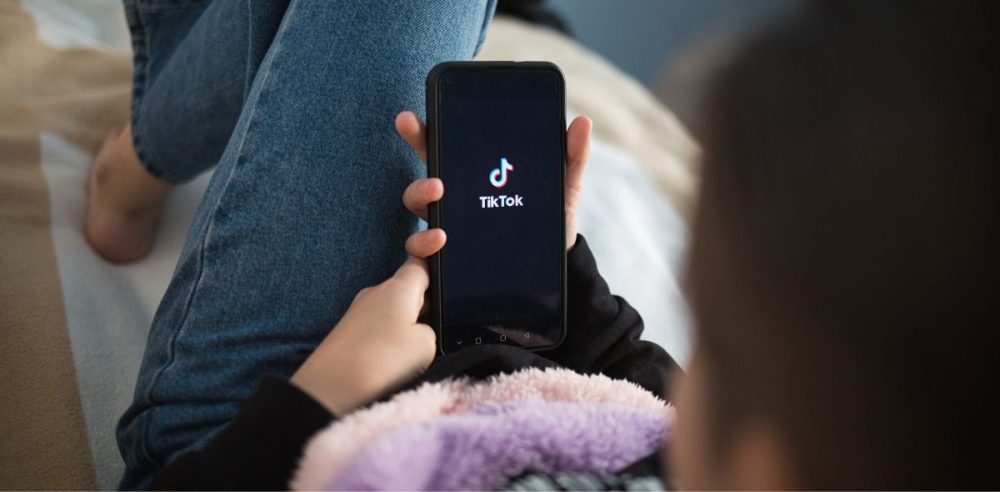A recent court ruling has increased the likelihood of a ban on the social media platform TikTok taking effect.
On December 6, all three D.C. Circuit Court of Appeals judges ruled to uphold a law that could ban TikTok in the United States.
The legislation passed by Congress and signed into law by President Joe Biden earlier this year requires the platform’s Chinese parent company, ByteDance, to sell it to an American owner by next year or face an effective ban.
“We recognize that this decision has significant implications for TikTok and its users. Unless TikTok executes a qualified divestiture by January 19, 2025 — or the President grants a 90-day extension based upon progress towards a qualified divestiture … its platform will effectively be unavailable in the United States, at least for a time. Consequently, TikTok’s millions of users will need to find alternative media of communication,” the court majority wrote.
The court did not see this as the fault of any American party but the Chinese government.
“That burden is attributable to the [Chinese government’s] hybrid commercial threat to U.S. national security, not to the U.S. Government, which engaged with TikTok through a multi-year process in an effort to find an alternative solution,” the judges postulated.
In response, TikTok released a statement indicating it was ready to take its case to the United States Supreme Court.
TikTok Statement on Court Decision:
"The Supreme Court has an established historical record of protecting Americans' right to free speech, and we expect they will do just that on this important constitutional issue. Unfortunately, the TikTok ban was conceived and pushed through…
— TikTok Policy (@TikTokPolicy) December 6, 2024
However, the highest court in the land may not be the only place the social media giant can take refuge.
The day after the ban is supposed to take effect, President-elect Donald Trump will be sworn into office again. Trump said during the 2024 presidential campaign that if elected, he would “save TikTok.”
This statement was a departure for Trump. Hours before TikTok downloads were halted due to an executive order issued by Trump during his first term as President, Trump tentatively approved a joint sale of TikTok to the American companies Oracle and Walmart in September 2020.
Concerns at the time were largely the same as they are today and focused on the Chinese government’s access to American users’ personal information through the app.
“The interactions with the Chinese government, and the ability of the Chinese government to put pressure on the ByteDance company, is still substantial,” Chris Kelly, former chief privacy officer at Facebook, reportedly told NPR at the time of the first ban.
“It won’t be strange to have interaction between the two companies on a number of different issues, including algorithmic operations, so that could stretch into personal data pretty easily,” Kelly added.
Ultimately, President Joe Biden took office in January 2021, and the deal apparently fell through.
Some have seen a potential ban on TikTok as a violation of the First Amendment free-speech protections.
“Banning TikTok blatantly violates the First Amendment rights of millions of Americans who use this app to express themselves and communicate with people around the world,” Patrick Toomey, deputy director of the ACLU’s National Security Project, said in a statement to Reuters.
The Appellate Court considered First Amendment objections in its decision and addressed them by saying, “The First Amendment exists to protect free speech in the United States. Here the Government acted solely to protect that freedom from a foreign adversary nation and to limit that adversary’s ability to gather data on people in the United States.”


